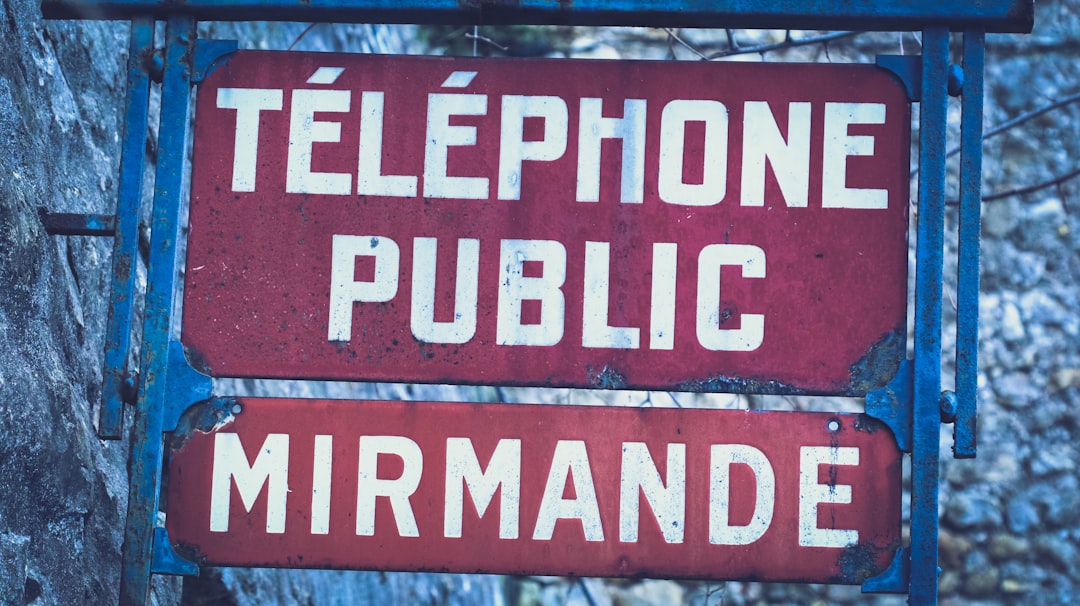In Wisconsin, unwanted spam text messages are a growing concern. Ashlands offers legal help and public education on consumer protection laws related to spam texts, aiming to hold perpetrators accountable and create a safer digital environment. Scam artists use urgent language and fake tracking numbers to trick recipients. To avoid falling victim, scrutinize sender details, look for spelling mistakes, and never click links or share personal info in response to unsolicited texts. If targeted by spam text fraud, document interactions and contact the Attorney General's office or Federal Trade Commission (FTC). A lawyer for Spam Text Wisconsin can help navigate reporting processes and take legal action against scammers.
In today’s digital age, package delivery scams via text messages have become a prevalent issue. Ashland’s comprehensive guide equips you with the knowledge to recognize and combat these deceptive practices. We explore the legal landscape surrounding spam texts in Wisconsin, revealing effective strategies to identify common hoax characteristics. Furthermore, we offer guidance on your rights and available recourse as well as preventive measures to safeguard against future scams. For those seeking legal aid, our article highlights the importance of consulting a specialized lawyer for Spam Text Wisconsin.
Understanding Ashlands Approach to Spam Text Lawsuit in Wisconsin

In Wisconsin, dealing with unwanted and deceptive spam text messages is a growing concern, leading many residents to seek legal recourse. When it comes to tackling this issue, Ashlands takes a proactive approach, not just offering legal representation but also educating the public on their rights and available options. Their expertise lies in navigating the complex landscape of consumer protection laws, especially in cases involving spam texts.
Hiring a lawyer specialized in spam text lawsuits in Wisconsin is a strategic move for those who’ve fallen victim to such practices. Ashlands advocates for clients by employing a multi-faceted strategy, combining legal action with public awareness campaigns. By doing so, they aim to hold perpetrators accountable and create a safer digital environment for Wisconsin residents, ensuring that no one has to endure the frustration and potential risks associated with fake package delivery texts.
Identifying Common Characteristics of Package Delivery Hoaxes

Scam artists often use urgent language and create a sense of fear or excitement to manipulate recipients into taking immediate action, such as clicking on links or providing personal information. In the case of package delivery hoaxes, you might receive texts claiming that a package has been delivered or is awaiting collection, with threats of additional charges or legal action if you don’t respond promptly. These messages often include tracking numbers or fake links designed to look official.
Pay close attention to the sender’s information. Legitimate delivery services typically use recognized domain names and official contact details. If the text is from an unknown number or a peculiar email address, it could be a red flag. Additionally, watch out for spelling mistakes, poor grammar, or low-quality visuals, as these are common indicators of phishing attempts. Remember, reputable companies usually have secure communication channels and won’t demand sensitive data via text messages. If you’re unsure about the legitimacy of a package delivery notification, contact your local post office or a lawyer specializing in spam text cases in Wisconsin to ensure you protect yourself from potential fraud.
Legal Rights and Recourse for Victims of Spam Text Fraud

If you’ve fallen victim to spam text fraud, knowing your legal rights is crucial. In many cases, sending unsolicited text messages, including fake package delivery notices, violates consumer protection laws. Victims may have recourse through their state’s attorney general’s office or by filing a complaint with the Federal Trade Commission (FTC). These entities can investigate and take action against scammers to protect consumers.
In Wisconsin, for instance, residents can seek legal assistance from a lawyer specializing in spam text cases. A lawyer can help navigate the appropriate channels for reporting and potential legal action, which may include seeking damages or blocking future messages. It’s essential to document all interactions with the scammer and keep records of any associated expenses to strengthen your case.
Preventive Measures: Protecting Yourself from Future Scams

To protect yourself from future spam text scams, especially those mimicking package deliveries, there are several proactive steps you can take. First, never click on links or provide personal information in response to unsolicited texts, even if they appear legitimate. Scammers often use urgent language and fake tracking numbers to trick recipients into revealing sensitive data. Instead, independently verify the sender’s identity by contacting the company directly through their official website or customer service line.
Additionally, consider blocking the phone number immediately after identifying it as spam. Many smartphone operating systems offer built-in features for blocking unwanted calls and texts. If you’ve already provided your number to a scammer, speak with a lawyer for spam text Wisconsin to explore options for legal recourse. They can guide you on how to proceed, especially if the scam has resulted in financial loss or identity theft.






